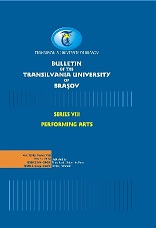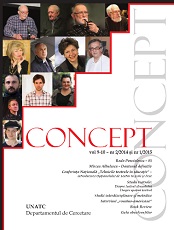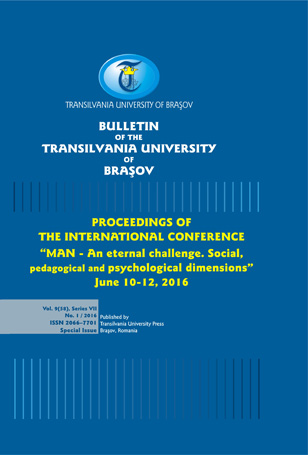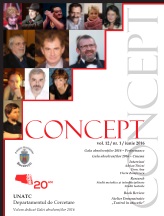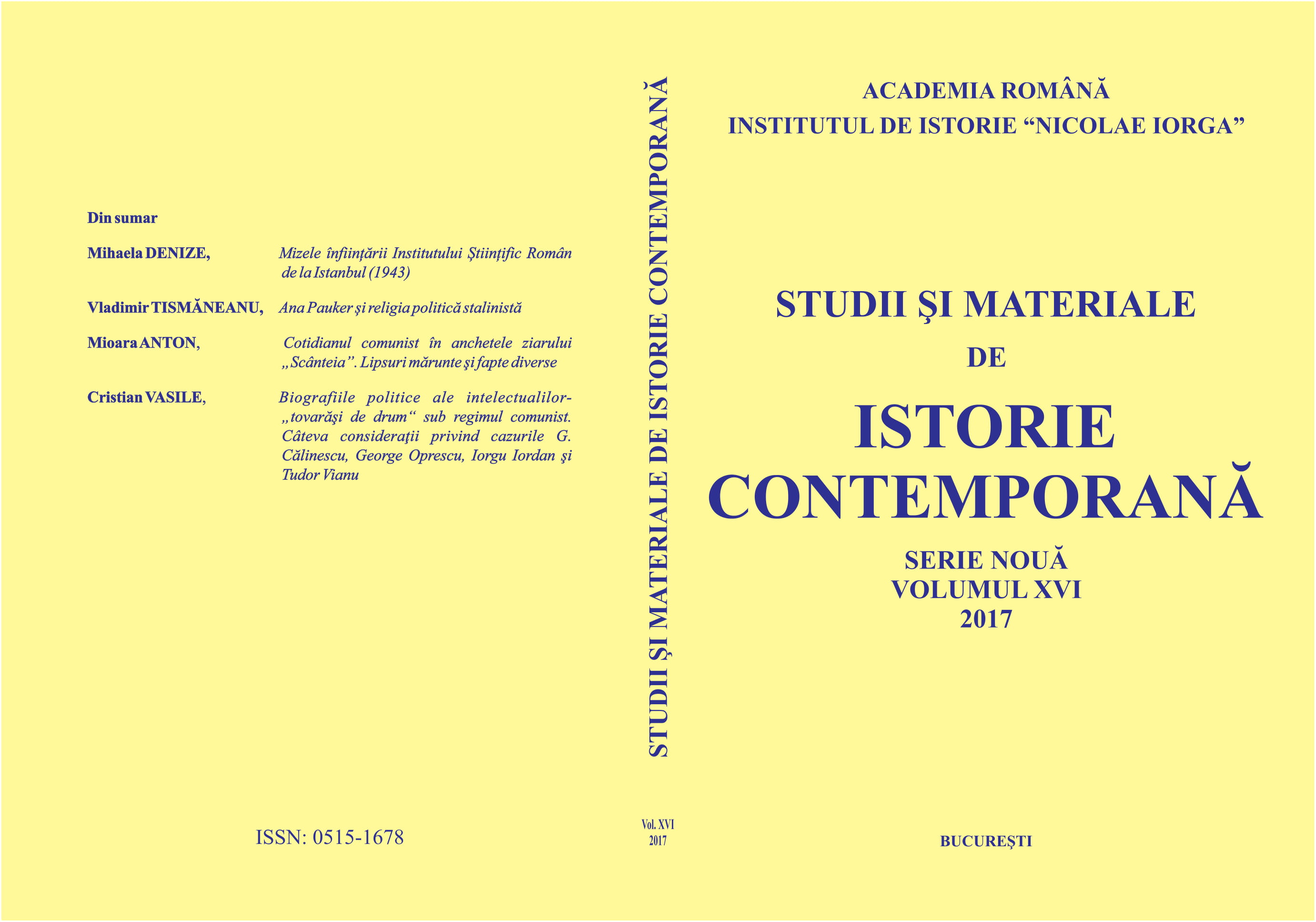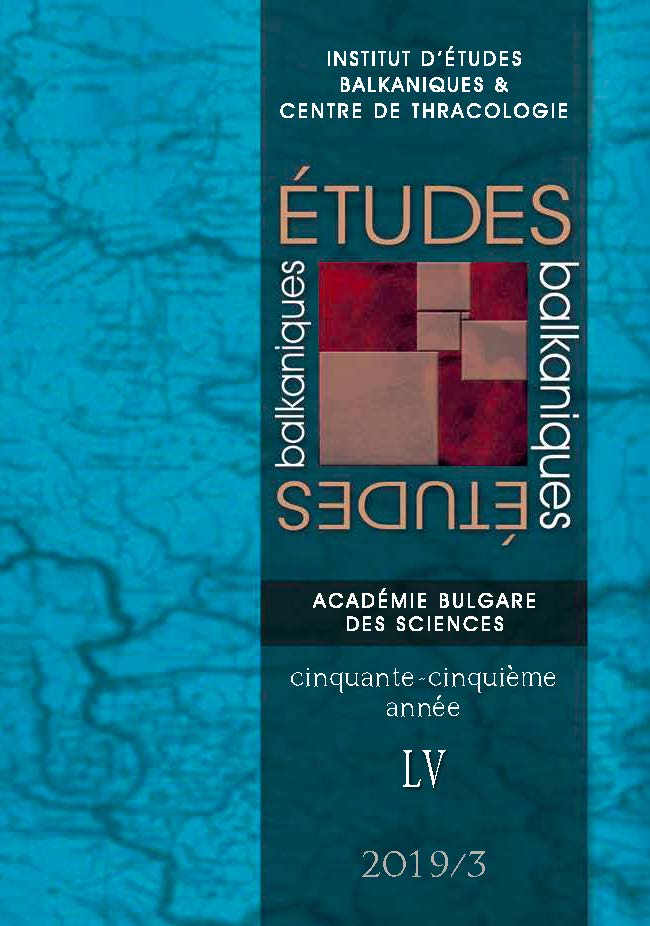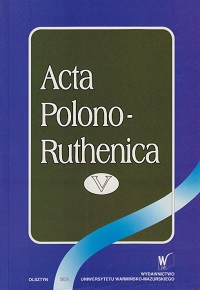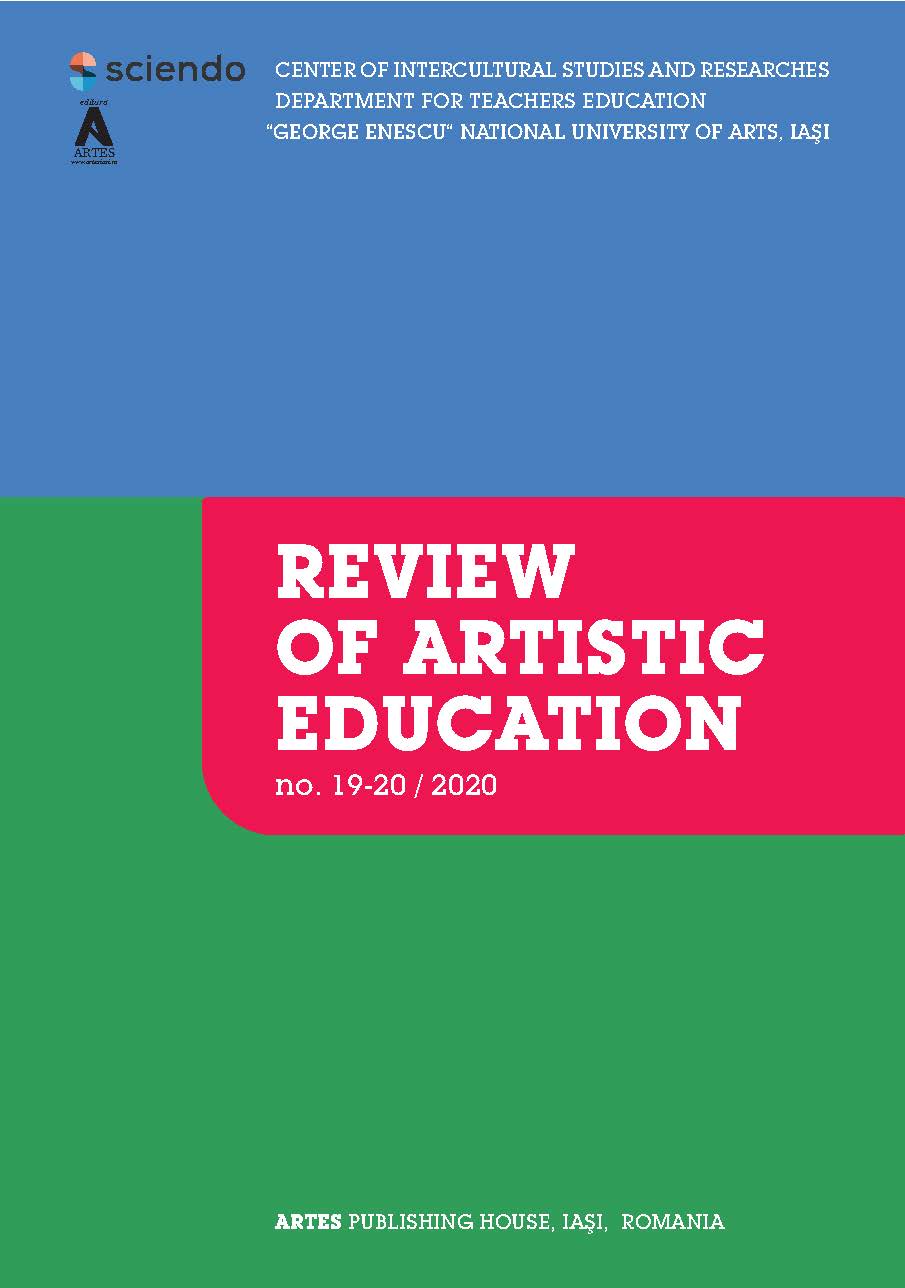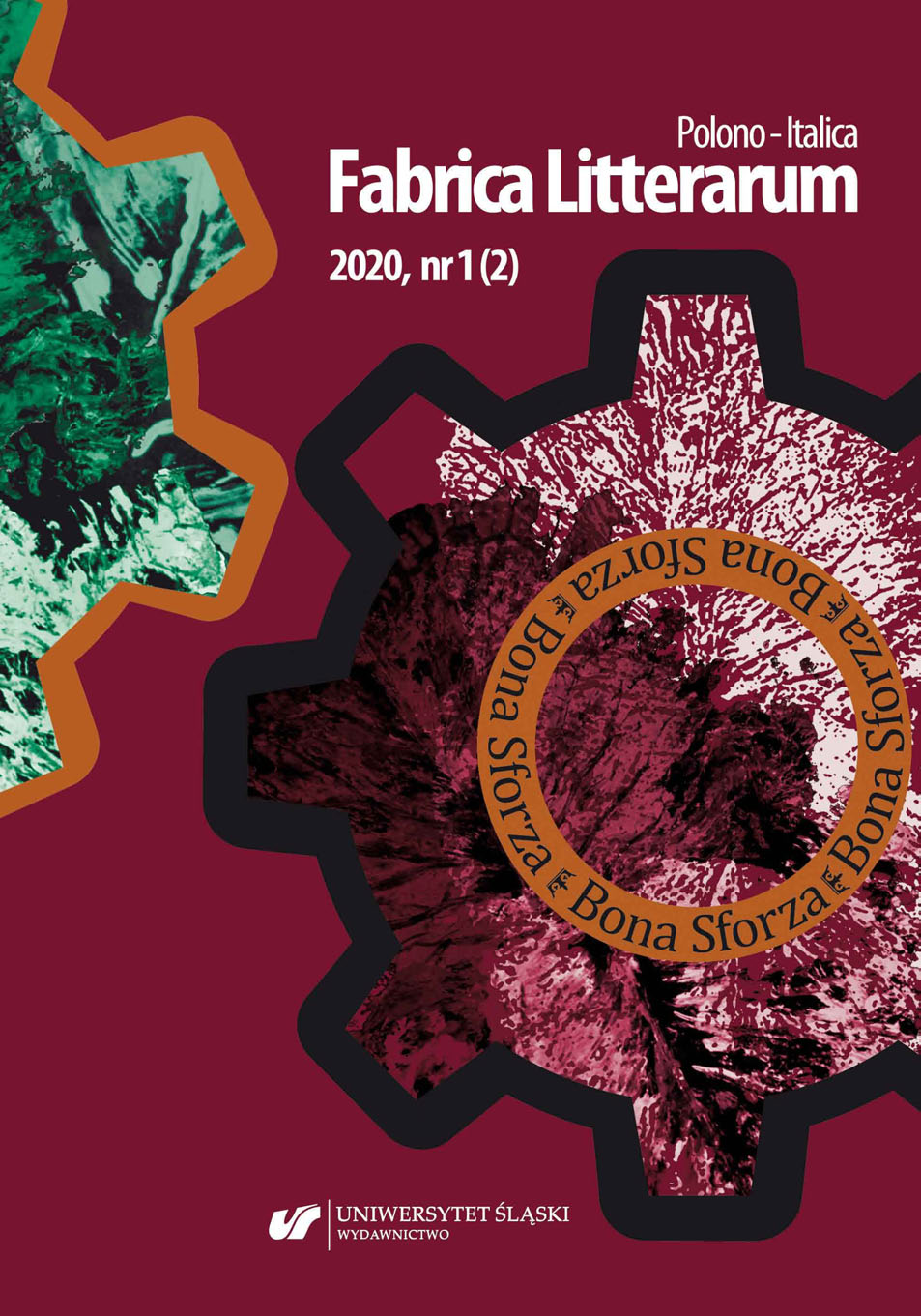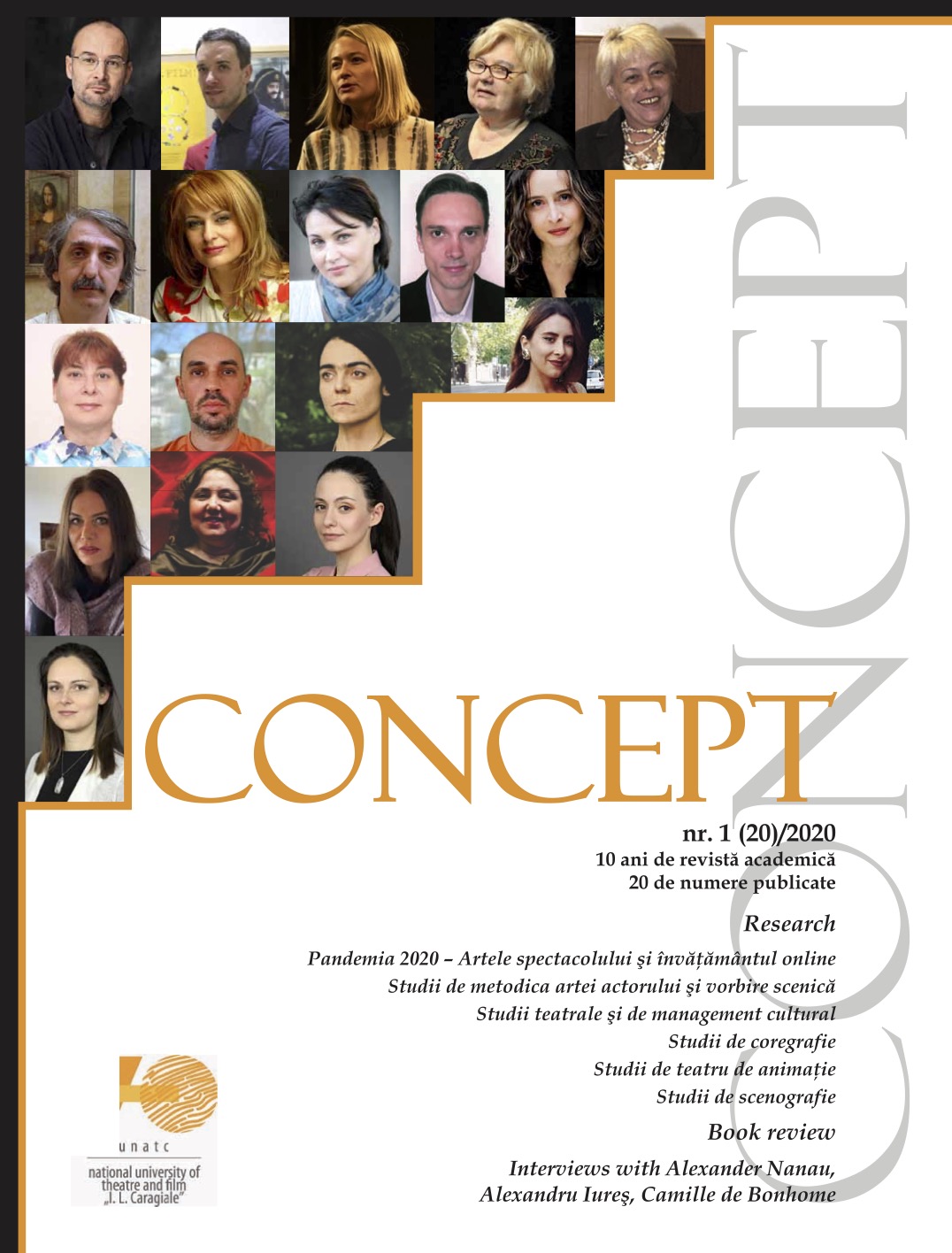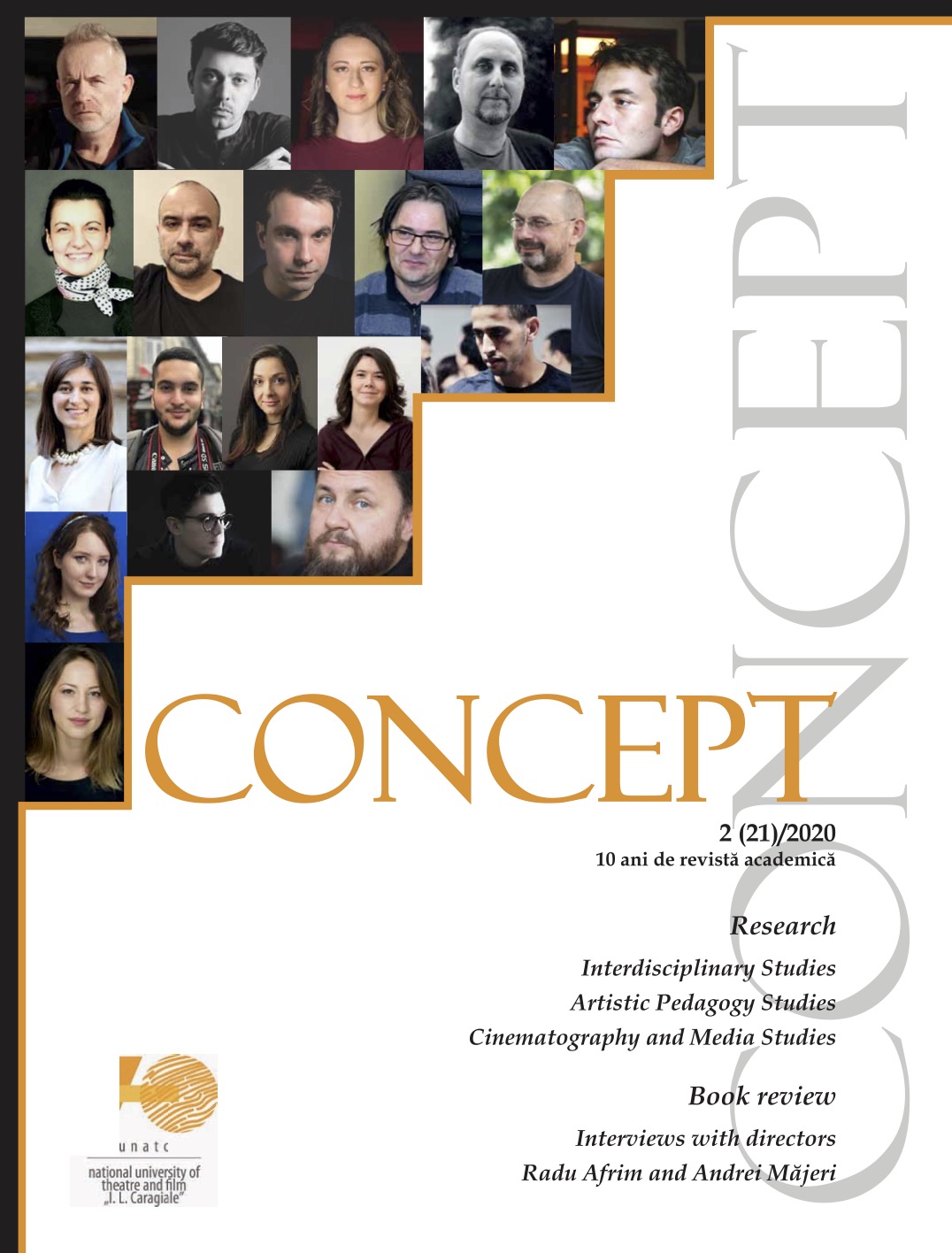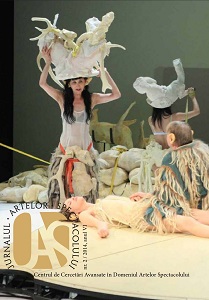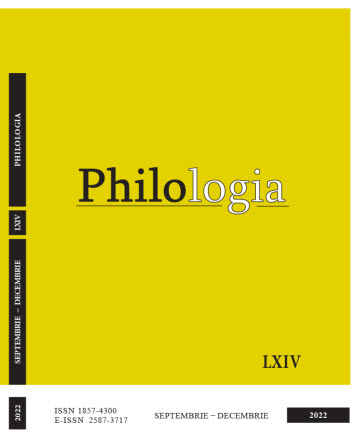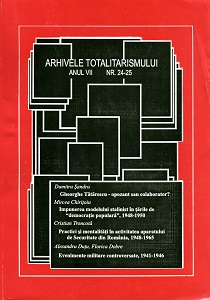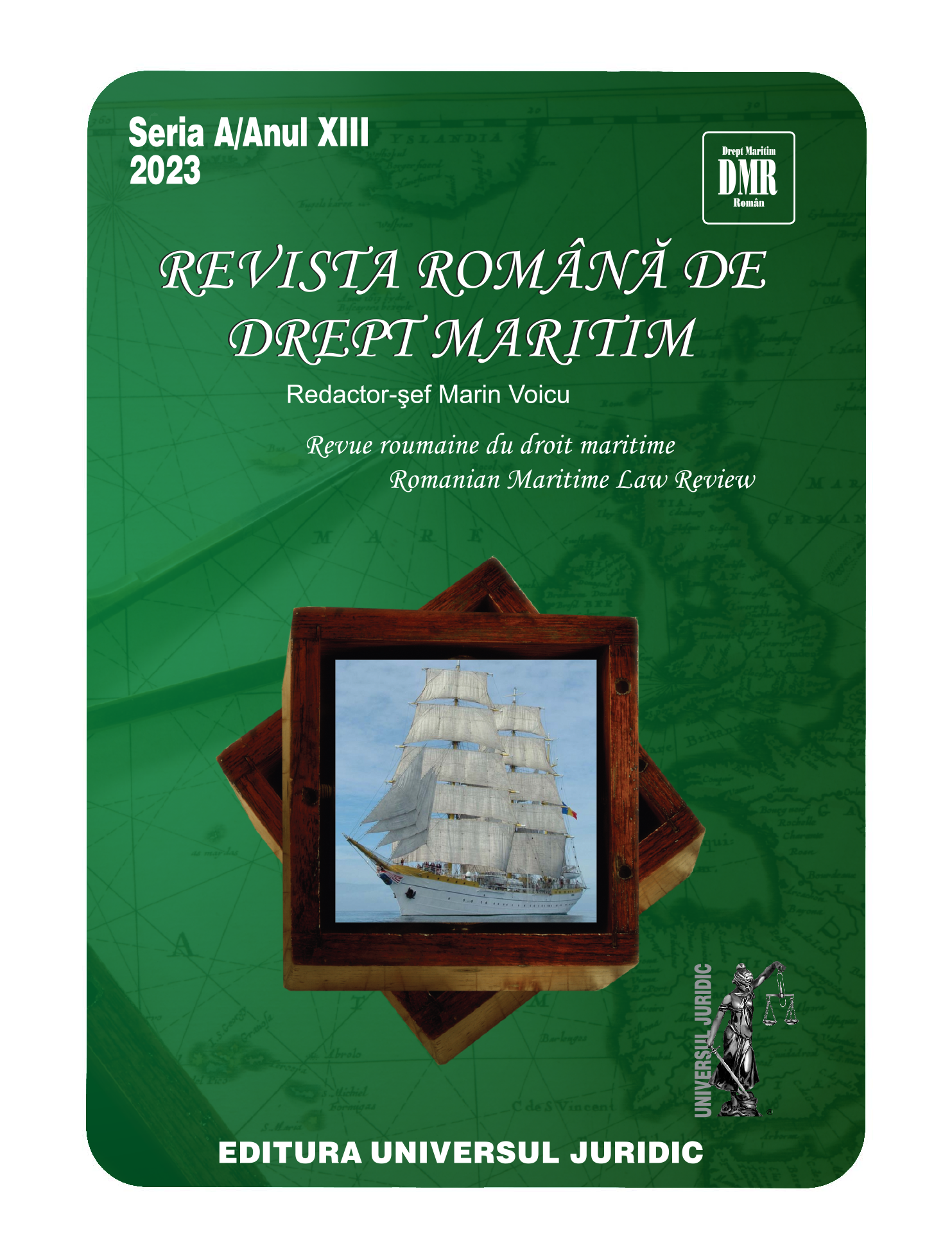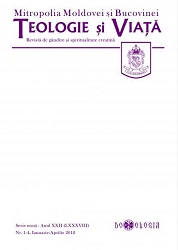
The Leverage of Psaltic Melos in the Liturgical Creation of the Composer Paul Constantinescu
Valorificarea melosului psaltic în creația liturgică a compozitorului Paul Constantinescu
Keywords: Church Music; Psaltic Melos; Paul Constantinescu
Paul Constantinescu is the composer who managed to create the most valuable compositions in Romanian music inspired from psaltic music. Due to his contact with valuable specialists in the field of psaltic music, the composer has completed his knowledge about the richness of modes and rhythms of this ancient treasure and he developed they with Professor Egon Wellesz in Vienna. From the great byzantinolog, Father Ioan D. Petrescu, he learned the old Church hymns, authentic byzantine chants, which he put out in his instrumental and vocal-instrumental works and the renowned musicologist George Breazul initiated him in the Romanian folk art. Thus, the composer assimilated the specific features of each type of music, he used and developed like no other in his works, especially in the well-known relation subton-tone, present in both melodic structures, but also the modal instability specific for the Byzantine melos.
More...
